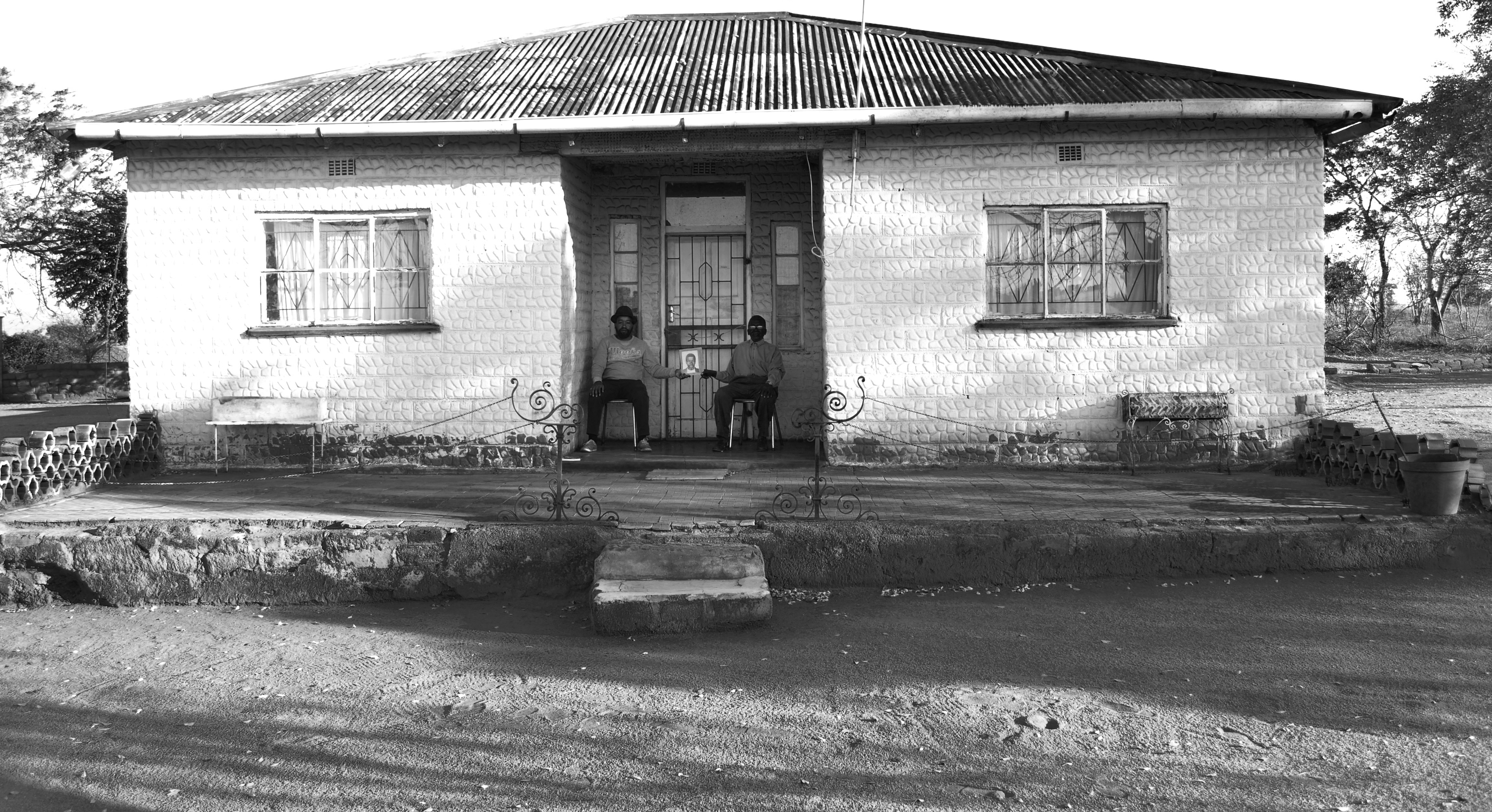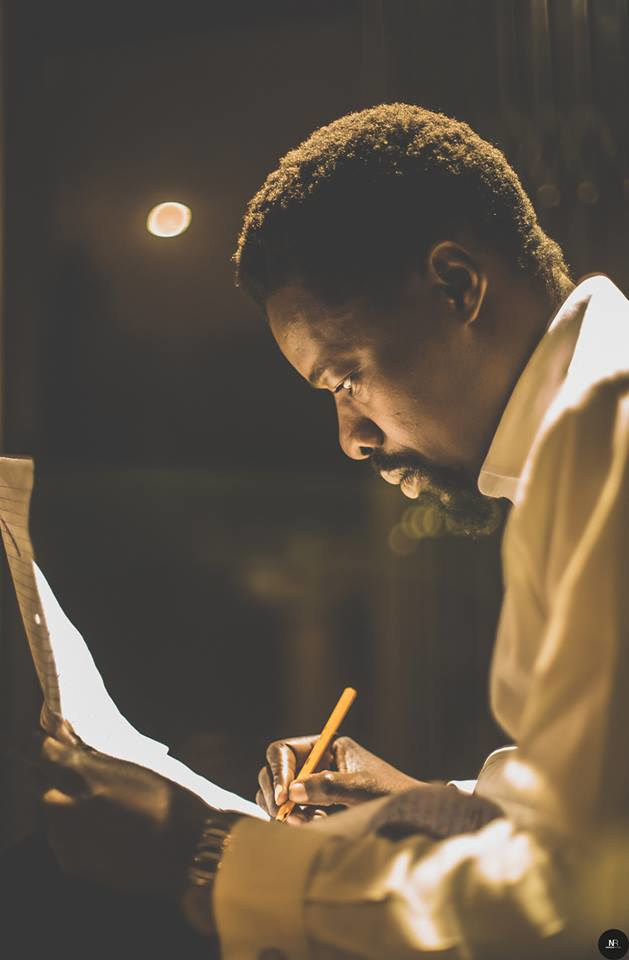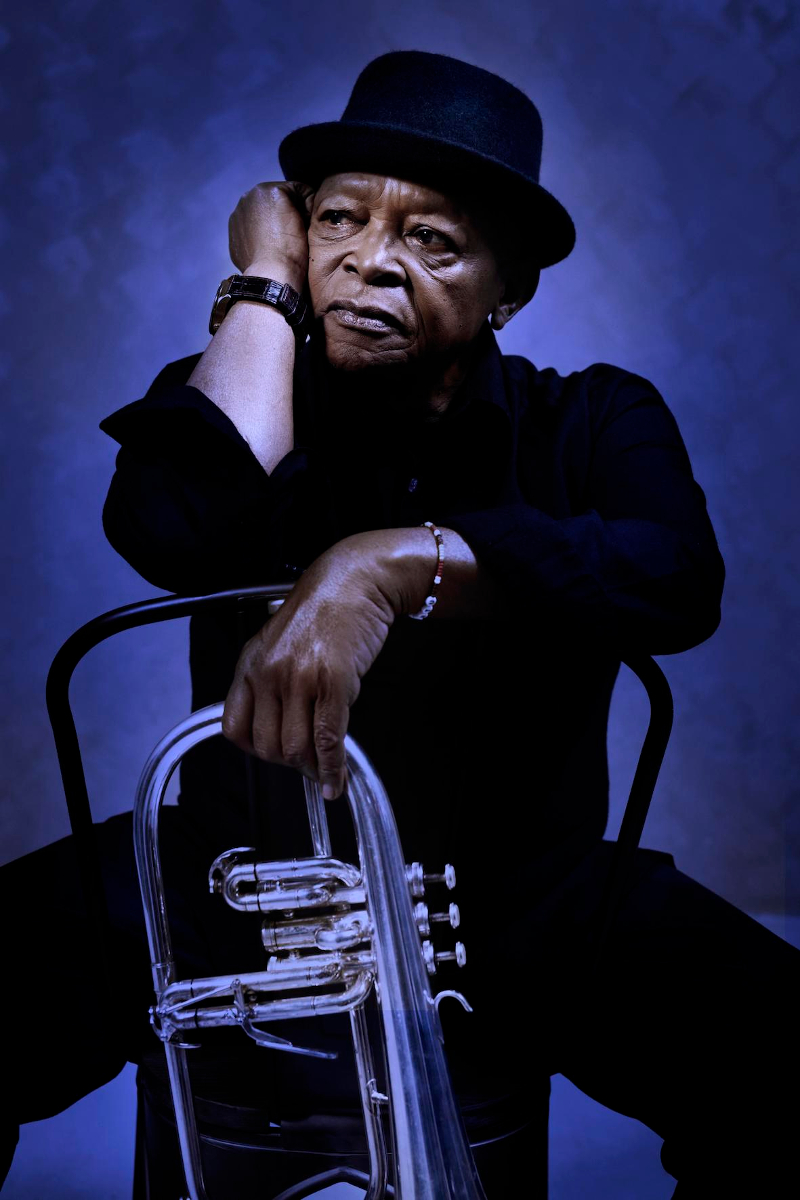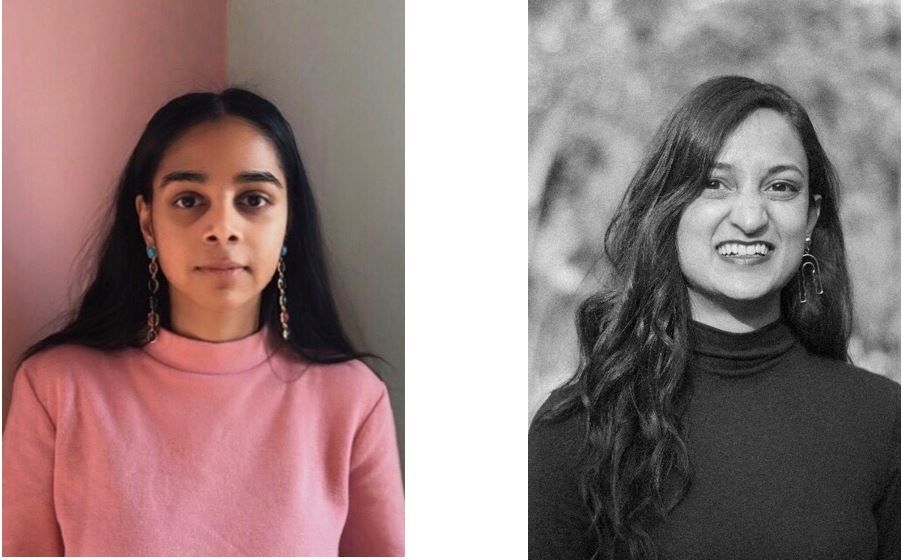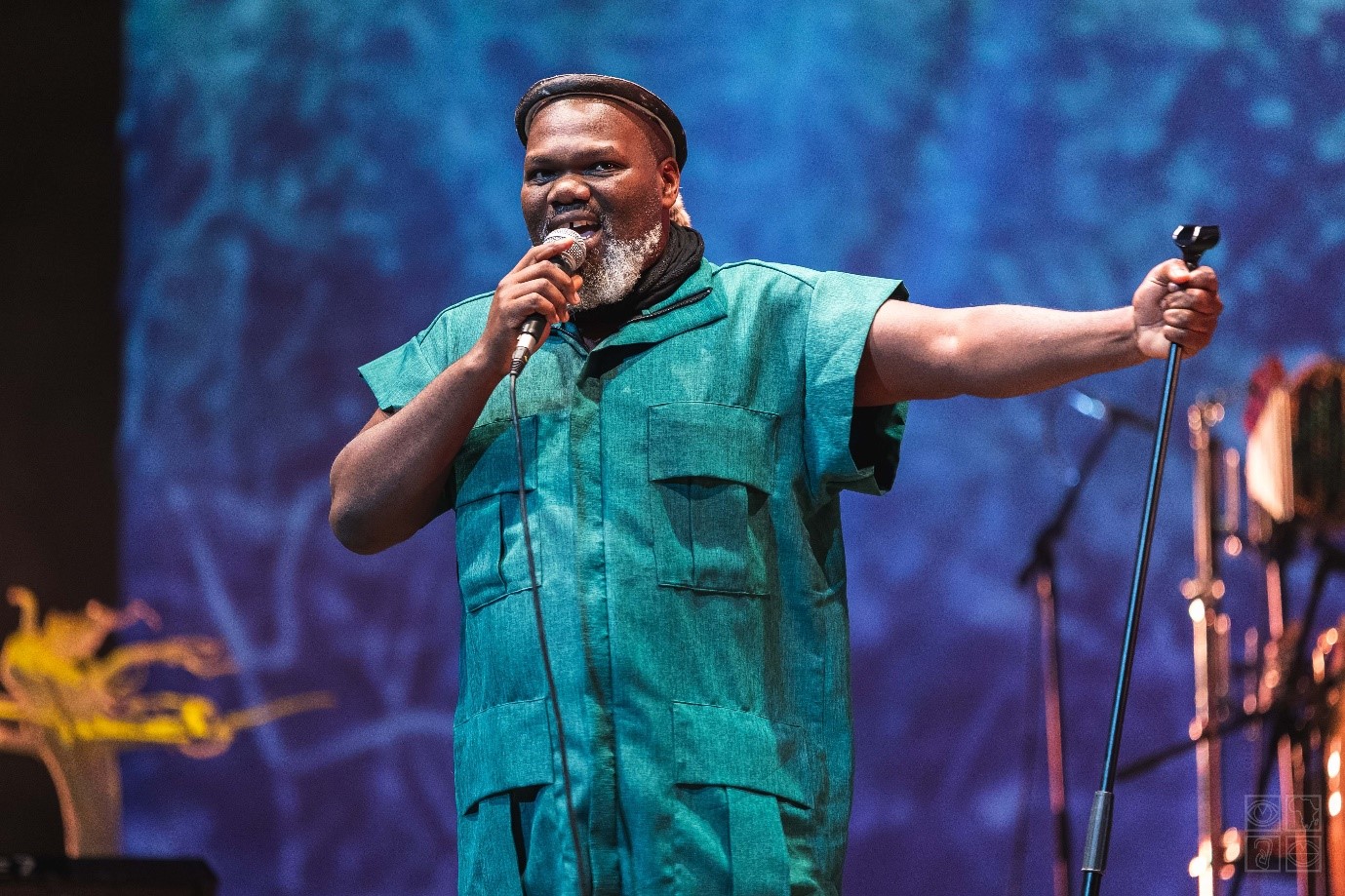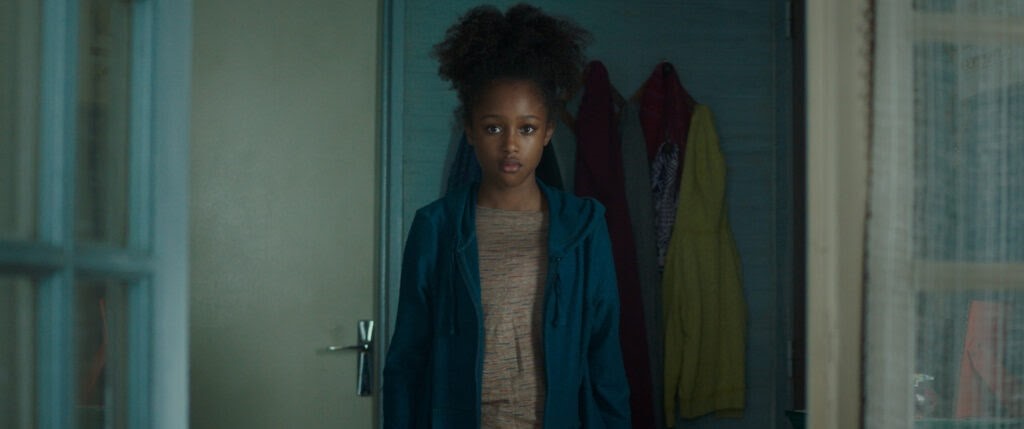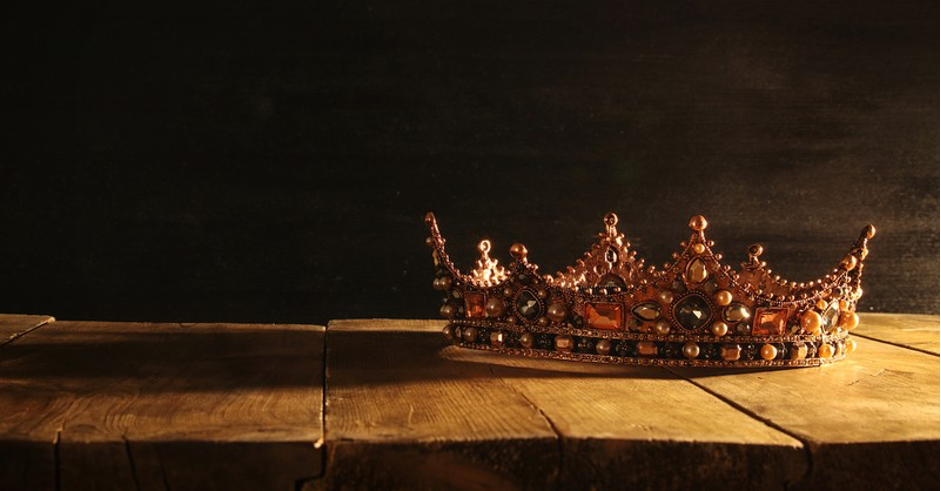christmas
My aunt would always beg her spoilt son to “grace us with his presence” and we’d roll our eyes when he finally came through, beginning our Christmas Lunch tradition long after my aunt had retired. There was often turmoil in the house and her sanity amid the insanity came in the form of rooibos tea, newspapers and gardening.
The walls would close in on us and there would be an unbearable silence. That Christmas lunch was as awkward as all the other ones before it and although she’d always put up a strong front, I knew my aunt suffered from the worst form of depression and was slowly dying. The house was still glamorous, but haunted by near-death whispers, the sounds of sirens, blood stains and the stench of wrath.
By the time the main course arrived, we’d still be having small talks and the house would feel like a mortuary, us the corpses.
But small talk was all my aunt could offer and every time we wanted to speak out, she’d say, “Sshh, this is a family affair.”
One of the most memorable quotes from the epic movie Titanic is when Rose says: “A woman’s heart is a deep ocean.” My aunt reminds me of this elderly Rose, except that the men hidden in her ocean were not as loving and present as Jack was. She is, of course, a black woman born in the 1940s. Her men were victims of Apartheid and perpetrators of black female bodies.
Her tea addiction suppressed her memories of being left behind and sacrificed in an era of forced selflessness. In those times, if you made it, you had to take care of the whole village, so she raised us without argument, question or regret. She would keep giving of herself to all of us and we kept taking.
As we emptied our plates, I’d imagine writing about my aunt, always fearful of how I might controversially portray her. The truth is, I love my aunt! I only began to understand her pathology a year ago, but I can now write about her freely in my effort to break the cycle of many black women who were forced to don their big-girl-pants and take care of everyone else.
Her father was only present in his own terms, so she would turn to the arms of other men for fatherly comfort and wound up destitute, just as her mother had been. Without a male role model for her son, she manufactured a replica of all the men who had abandoned her.
By the time dessert would be served, my mind would ache with questions: just when did black women first feel they had to drown themselves to save others or stitch up the wounds of others while they themselves bled out?
“Sweetie, that ain’t cute!” I told myself the morning I first realised that I’d become my aunt. The married man had left me again and while summer flowers encouraged me to heal, the frightening afternoon thunderstorm shouted: “Why the f**k you gon’ jump off a cliff for someone who is only present by his absence? Can’t you see you’ve found your broken father in him? Of course, he left when you needed him to be there, just like your father!”
So, I dedicate this Christmas to my sisters who want to turn on a new leaf and do things different this time. Put an end to any thoughts of self-destruction and start this year’s Christmas lunch by declaring that it won’t be your body laid bare on Grandma’s fine china and it certainly will not be your blood that your father sips. Now, that’s a family affair, honey! Let’ em sacrifice their damn selves for once.
freedom
After learning why my father was shot eight times many years ago Engcobo, his home village in the Eastern Cape, I’m no longer sure how I feel about marriage.
Recounting the brutal shooting that nearly left him dead, my father often boasted; “I am no longer afraid of being shot because I survived a deadly shooting.”
Even though the story became my father’s ‘comic narration’ to break tension in awkward situations, during the shooting, there was little to laugh about because my father says he really thought he would die.
I heard this story and plenty of others, during my visits to Khayelitsha, where my mother lived. The township often felt like a prison because of the number of criminals you would walk past every day. Sometimes, walking its streets on a Friday night felt like knocking on death’s door.
To ease our fears as we walked with him, my father would tell the ‘shooting’ story, implying that he was a larger-than-life man and that my mother, my two sisters, my brother and I should not be alarmed by the consistent sounds of cries and gunshots at night. “Why did you get shot?” my little sister would inquire, and my mother would laugh and say he was resisting some men who wanted to rob him.
One night while we were sleeping in my aunt’s little house in the same area, we heard sounds of windows being broken. “You’ve ruined my house! You’ve ruined my house!” exclaimed a voice that sounded familiar.
For as long as I had visited Cape Town, she had always been called Mam’ehouse (mother of the house), and she was known for her loud voice and evil ways. We heard the siren, followed by boys shouting, “We will be back, you witch! You witch!” Mam’ehouse was known as a witch and promiscuous, an ungodly woman who slept with other women’s husbands. The conspiracies and whispers were that she would bewitch the men to love her and would make them leave their wives and children for her. “How else can you explain that joke of a marriage with that old man in her house?” people would ask among themselves.
“That poor man. She bewitched him and made him leave his wife and kids.” “She is quite promiscuous, that woman cannot live without a man!” my aunt would clarify as I asked about Mam’ehouse, “but then again; did anyone put a gun on that stupid man’s head to leave his wife and kids?” my aunt would ask this rhetorical question.
End of discussion.
Unsatisfied with her clarifications, I still wondered where the rumours came from.
“That I do not know. After all, in our home village, our neighbours used to say that MamCwerha was a witch. They were ready to kill her, and when she fell ill, everyone said she was being punished by God.”
MamCwerha, my grandmother, is still remembered in the village as one of the fiercest and zero tolerant wives Thembu men have ever seen. When my grandfather, George Zaphalala Hlobo, started cheating on her with other women in the village, she started sleeping in her own bedroom
From what I have gathered while eavesdropping on adult conversations, my grandfather was quite a catch -- flamboyant, light skinned and good with his tongue around women. When he came back from the mine after running out of money, MamCwerha would have to care for him and use up all the money she had made being a domestic worker in Port Elizabeth.
“But what’s funny is that when MamCwerha fell ill with lung cancer during the years she was labelled a witch, in the 1980s, your grandfather did not even lift a hand to help her.”
I never met MamCwerha because she died during the late 1980s, leaving my grandfather a sad lonely man who had given all his money to women in the village. By then he was too old to work in the mines, so my mother decided that he would come and stay with us until, years after moving in, he went to bed one night and did not wake up the next morning. His death seemed to affect everyone in the village.
“George was our father, and your father is our brother,” my aunts would say at the end of every conversation.
My mother and MamCwera were loyal to their husbands’ families and would never leave, or they would have disgraced their own families and would be called umabuy’ekwendeni (the one who has left her marriage and returned home).
“Your father was ruined by your mother because she spoilt him,” one neighbour in Khayelitsha told me. “Now he is unable to take responsibility because she continued what his mother started and always covered for him.” I never knew what the neighbour meant until, after fighting with my father, one angry relative spilled the beans on why my father had been shot many years ago in his home village. “He was busy sleeping with that man’s wife while his own wife was at work making ends meet, and then his poor good wife had to come back and pay for his hospital bills.”
That poor good wife was my mother, who, earlier in our lives told us that my father was shot because he was resisting robbery. How did she do it, I wondered.
I often ask myself if women will ever get a seat at the table. Will they ever be considered people worthy of being respected and will my uncles and father ever help women with the dishes?
Is it possible to adore the men in my family while despising all their stubborn chunks of patriarchy? If my idea of freedom cannot be unattainable, then, I will step into the shoes of orthodox feminists and never be with a man.
And then, like a bird, I will fly as far away from the confines of my tradition, remain homeless if I must.

